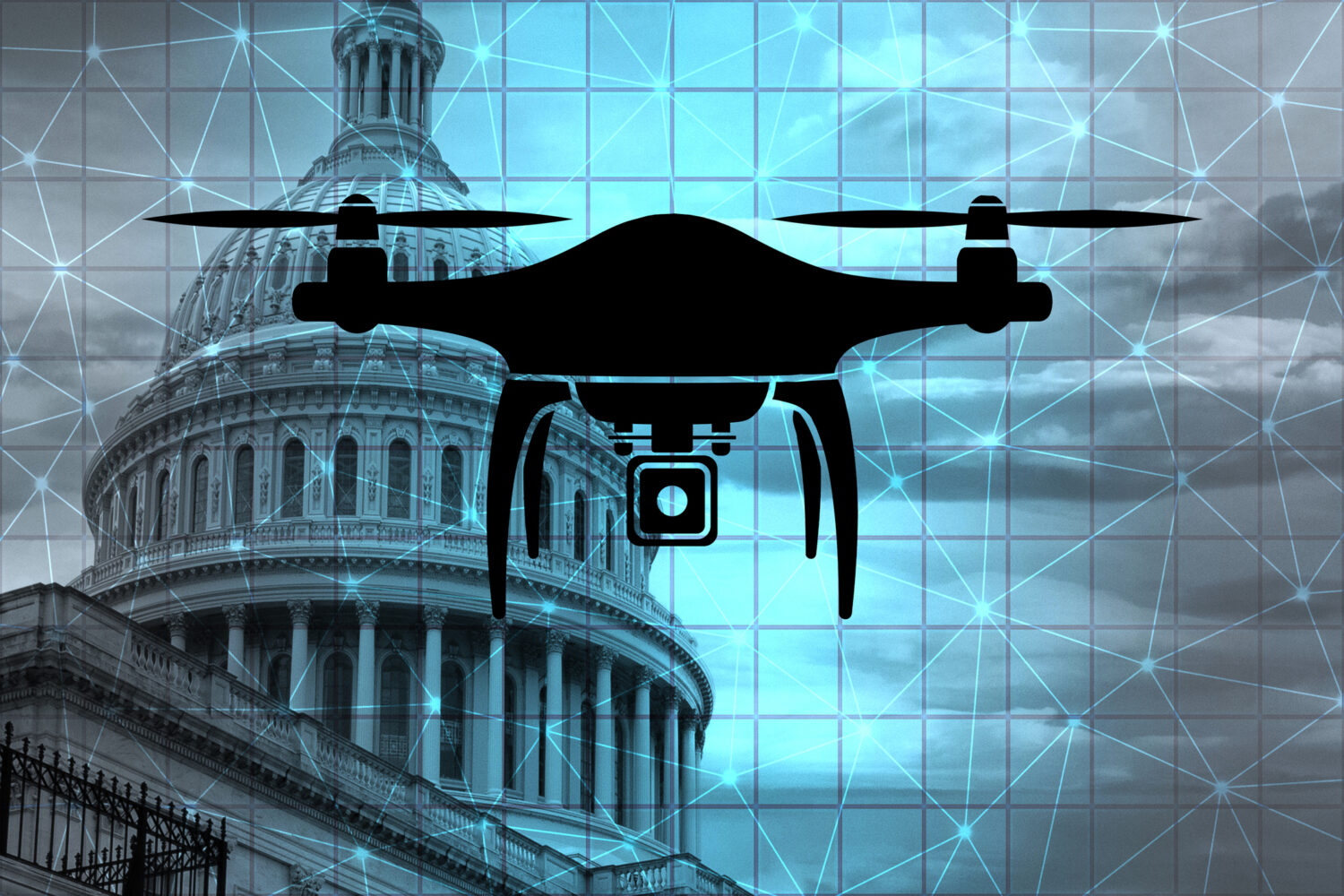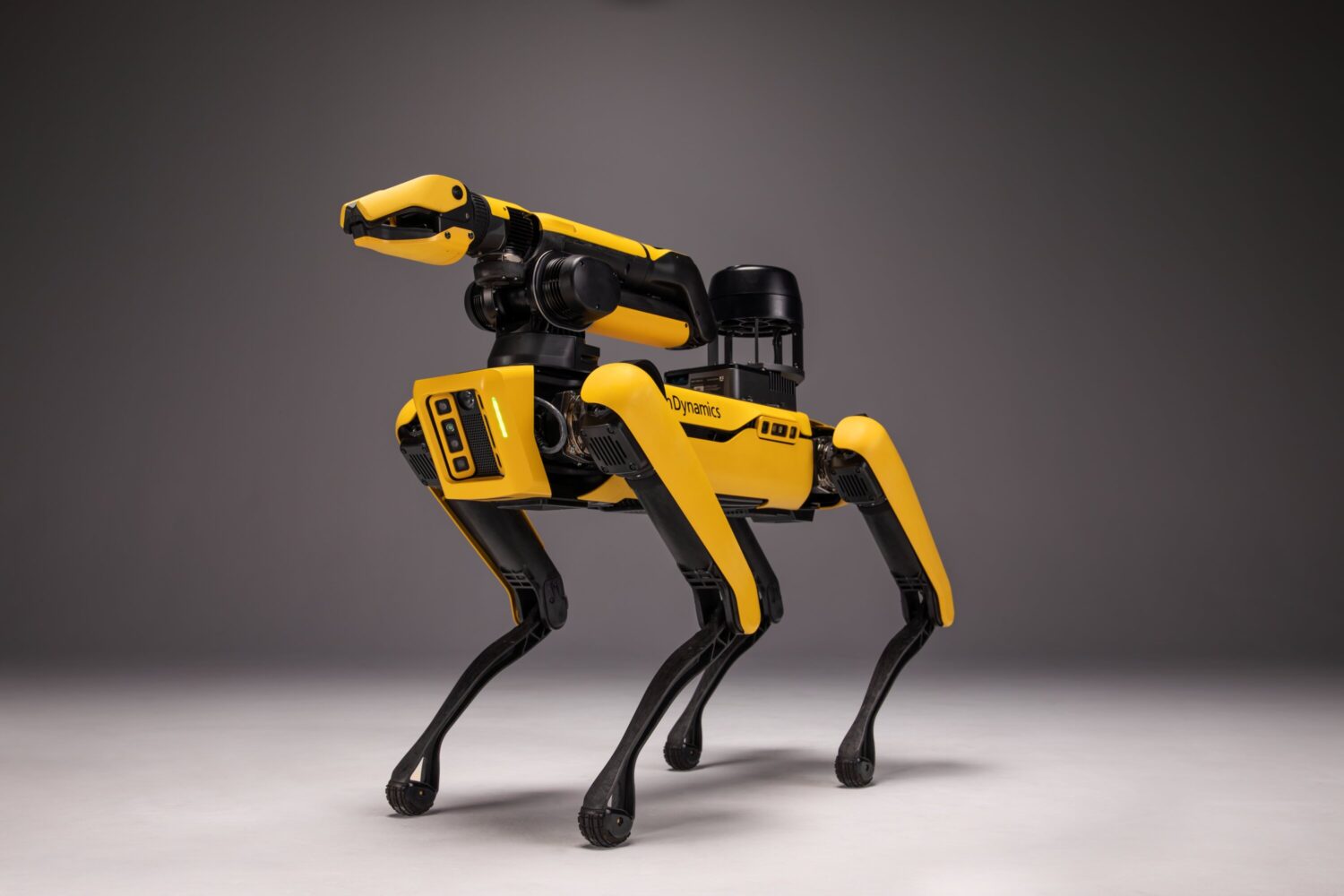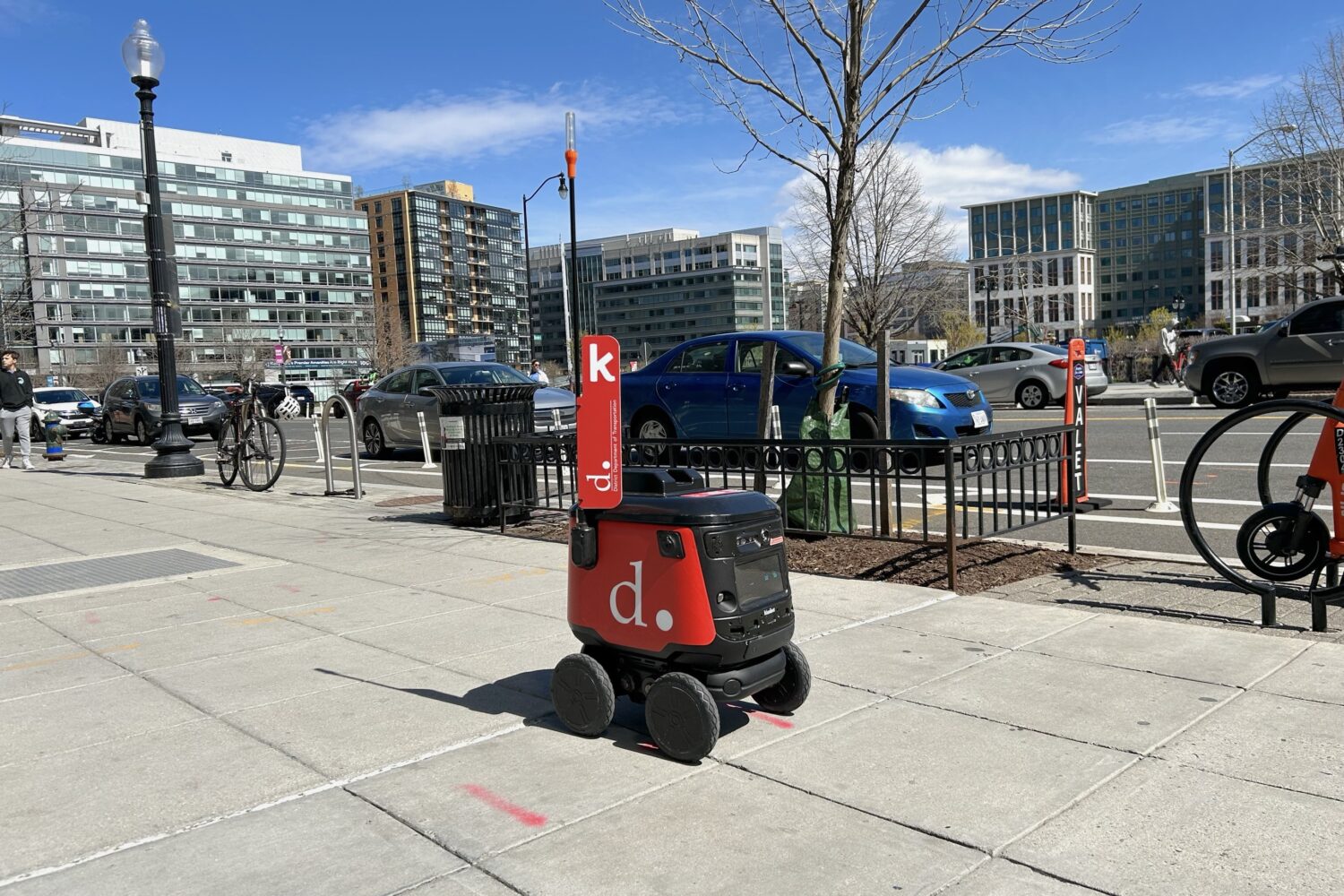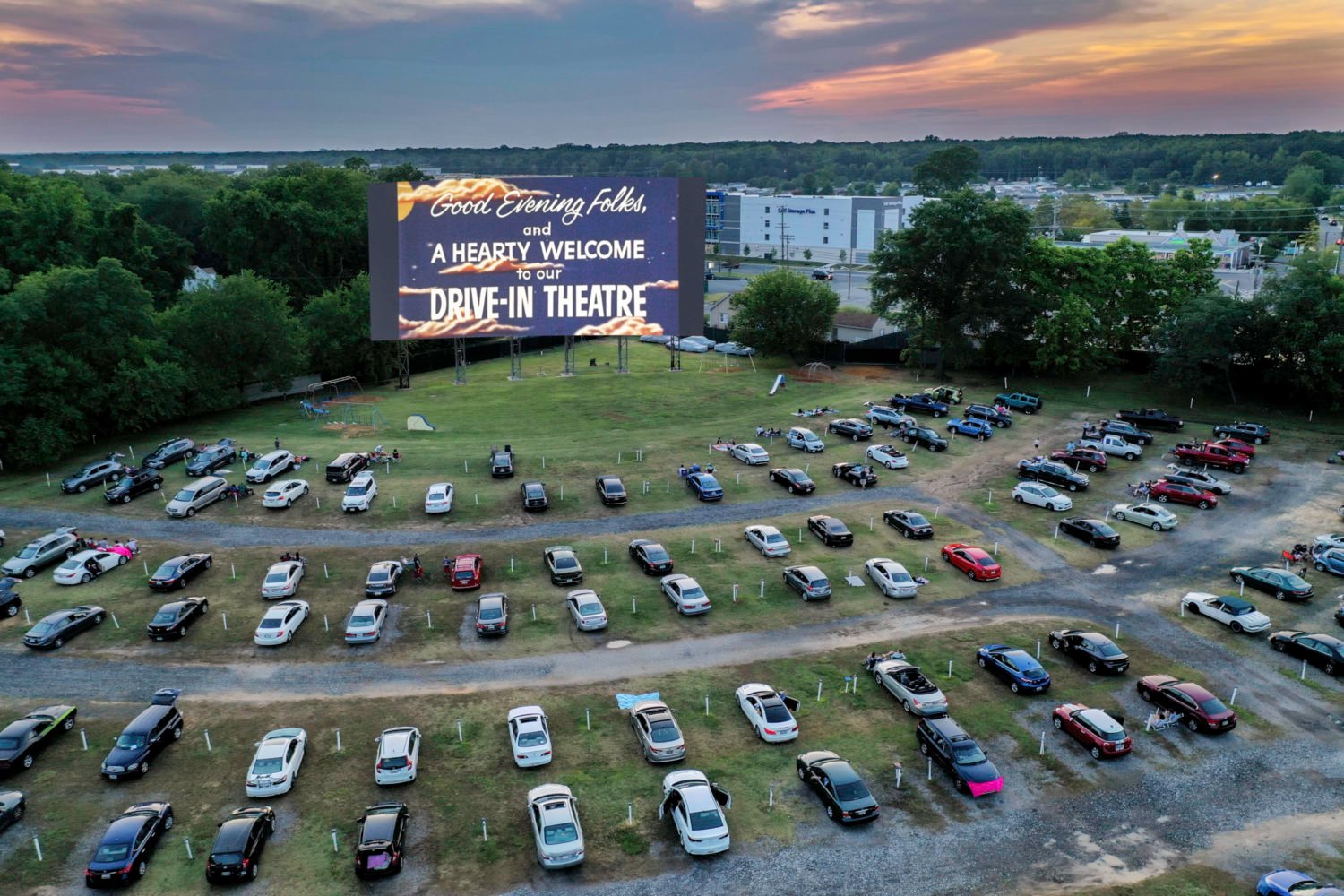I moderated a panel last week at Georgetown Law School on “Ethical and Legal Implications of Autonomous Weapons.” The conversation was mostly about drones, and whether the military would ever deploy robotic airplanes that would track, identify, and fire on people without any control or orders from a human being (I’ve said that I think this is going to happen; military officers, current and former, strongly disagree with me on that point.)
But the talk wasn’t all about lethal flying drones. Missy Cummings of MIT, a former Naval aviator who is one of the most thoughtful experts on robotic technology I’ve ever talked to, wondered whether automated “snipers” might be deployed in cities where suicide bombers threatened the population. This led to a fascinating and provocative exchange with the other panelists, Tom Malinowski of Human Rights Watch, and Ben Wittes of Brookings, who runs Lawfare.
The discussion begins around 59:00 minutes on this recording. (Video quality isn’t great, but audio is fine.) “What if you had like on light posts, little sniper guns. And as soon as somebody pulls of that vest, the sniper gun could tag that guy?” Cummings asks.
Undoubtedly, she says, a robot sniper would act faster than a human. That’s because of something in the human body called the neuromuscular lag. It takes us about half a second to recognize that someone is wearing a suicide vest, and another half second to fire at him. It would take an automated robot sniper, however, “on the order of microseconds” to complete this sequence of actions.
“In that scenario, there’s no question that the automation would be better than a human,” Cummings says. The trick is building a sensor that actually can identify the bomb correctly.
“If we could kill one suicide bomber a month” this way, “and we killed accidentally let’s say one person every three years or five years, how would we feel about that?”
The other panelists weigh in on that question. And I think the discussion is more relevant than the hypothetical nature of Cummings’ scenario might suggest. We are going to have drones flying over US cities for law enforcement and commercial purposes within the next two to four years, I’d say. The FAA has to integrated remote aircraft into the airspace by 2013, and after that, you’re going to see a whole new market for flying robots take off. Why wouldn’t law enforcement agencies at least consider the kinds of public safety applications Cummings is imagining? Putting aside that we dont’ have a suicide bomber population in the US. What about robot drones protecting schools from mass shooters? We can certainly envision that scenario, whether we agree we should ever go there or not.









